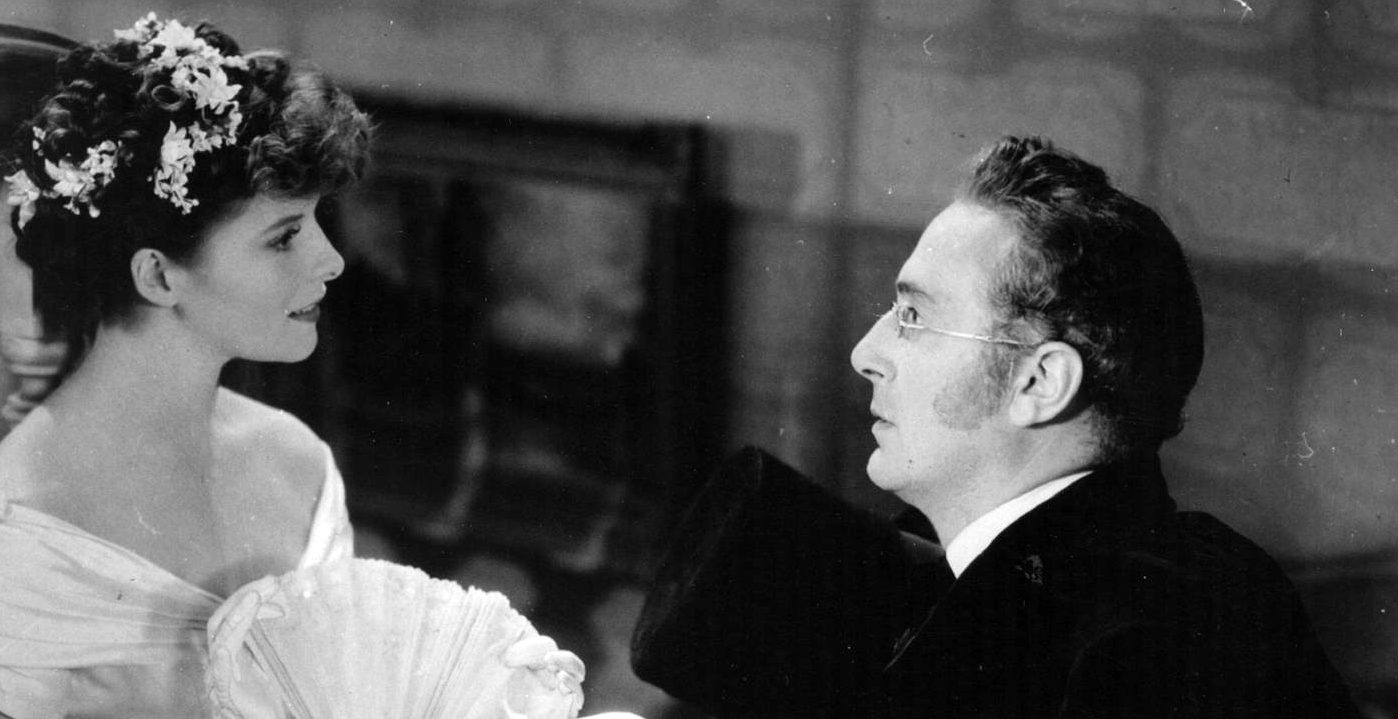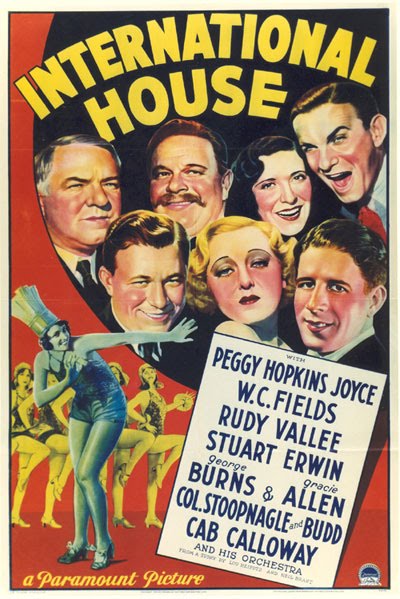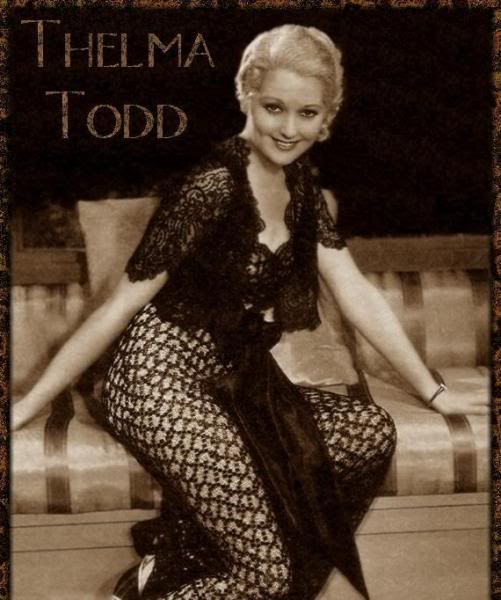October 20, 1939
MGM
Comedy, Musical
VHS
C+
A decade into their film career, the Marx Brothers had clearly passed their peak, but this is at least better than Room Service, which had no memorable moments, while this has several, most to do with Groucho: his singing Harburg-Arlen's delightful "Lydia the Tattooed Lady," which just barely squeaked by the censors; his mention of the Hays Code when wondering how to retrieve money from Eve Arden's skimpy costume; and his continued romancing of Dumont, who makes a welcome return late in the movie. Also worth watching are the Brothers' investigations in the henchmen's bedrooms, one of the baddies, "Little Professor Atom," played by Jerry Maren, the center Lollipop Guild member in The Wizard of Oz. (Screenwriter Irving Brecher was one of the many contributors to that classic, and, yes, Buster Keaton again gave then uncredited writing support to the Marxes.) As others have pointed out, a circus isn't much of an environment for the Brothers to rebel against, but it does fit the theme of so many of my 1939 movies. (Even in Vernon and Irene Castle, Ginger does a number in a clown suit.)
The negatives are many, including the tepid romance between Baker and Rice, with the two of them singing "Two Blind Loves" to each other twice, and her singing "Step up and Take a Bow" to her horse, and Baker singing it to her. It's hard to care about the "save the circus" plot, while I did care about Judy's sanitarium in A Day at the Races. As in Races, Harpo frolicks with shucking-and-jiving "coloreds," this group thinking he's Svengali rather than Gabriel. At least Lillian Randolph would have a more memorable role, as "Annie" in It's a Wonderful Life. Willie Best has a smaller role than in Thank You, Jeeves!, as a redcap, so he suffers fewer indignities. The pace is faster than in Room Service, although sometimes overly frantic. Edward Buzzell would also direct Go West, which also is not the Marxes' worst. Yes, I'd put this on a level with Races and The Cocoanuts, far from a classic but not pitiful.
The nearly ubiquitous Edmund Mortimer is the Governor here. Forbes Murray would go on to Turnabout, Irving Bacon to His Girl Friday, Buck Mack to Citizen Kane, and Emory Parnell to Miracle of Morgan's Creek. And, yes, we're done with the '30s now.
_01.jpg)



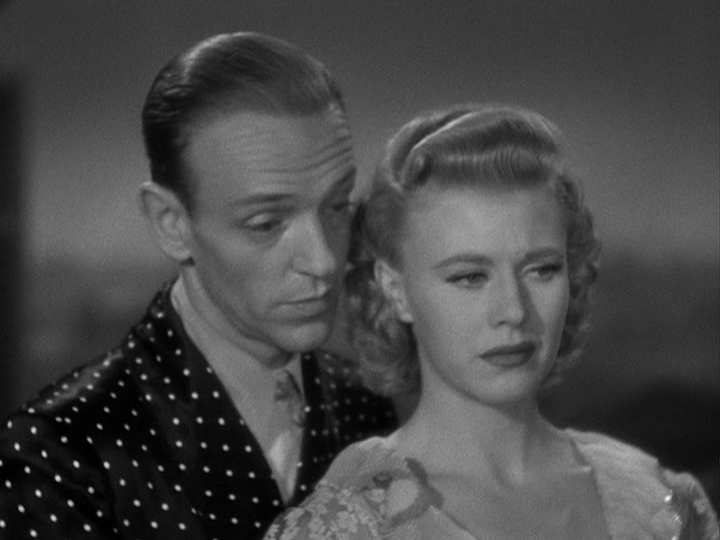
_01.jpg)



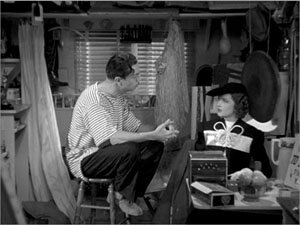






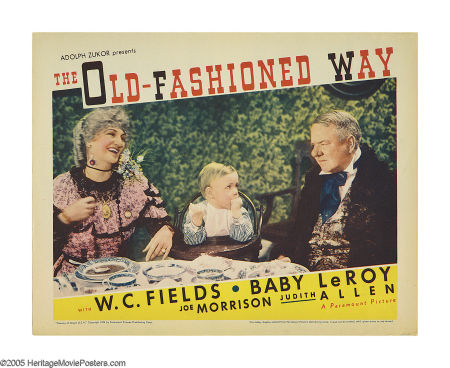
_01.jpg)


